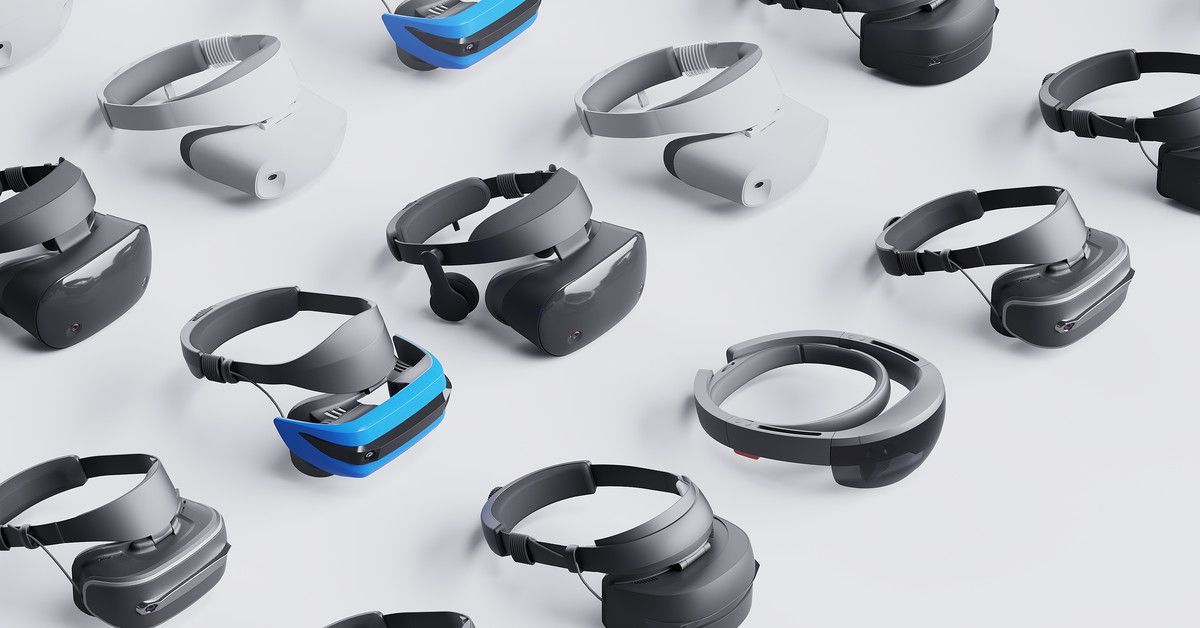Tiny air pockets allow you to feel what isn’t there. — HaptX Inc.
Category: virtual reality – Page 70

Beyond Virtual Reality: Synthetic Reality And Our Co-Created Futures — By Robert C. Walcott | Forbes
“Eventually such systems may not require conscious input to capture and respond to shifting user preferences, though user intervention might still remain an option. The notion of ‘virtual’ fails to accurately describe such a world.”

A future of driverless cars, virtual reality and other advanced services beckon as China’s ZTE bets on massive 5G roll-out
The international authorities overseeing the creation of a unified standard for 5G mobile technologies are expected to release the initial specifications next year and the final phase in 2019, paving the way for the commercial deployment of 5G services by mobile network operators from 2020.
China is one step closer to achieving the reality of seamless, super high speed communications that will enable driverless cars, virtual reality education and nationwide health care services after a partnership comprising China Mobile, Qualcomm and ZTE accelerated efforts to finalise technical standards for the next generation of smartphones.
With the world’s largest population and most number of internet users, China is making a huge bet that the wide roll-out of 5G mobile infrastructure by the country’s three main telecommunications network operators would support the country’s rapid digital transformation – enabling a raft of advanced applications and services that were the stuff of science fiction just decades ago.
Shenzhen-based ZTE Corp and larger rival Huawei Technologies, two of the world’s biggest suppliers of telecommunications equipment used by mobile network operators, are currently leading the development and commercialisation of 5G-related technologies on the mainland.
Everything You Need to Know About 5G
Millimeter waves, massive MIMO, full duplex, beamforming, and small cells are just a few of the technologies that could enable ultrafast 5G networks.
Today’s mobile users want faster data speeds and more reliable service. The next generation of wireless networks—5G—promises to deliver that, and much more. With 5G, users should be able to download a high-definition film in under a second (a task that could take 10 minutes on 4G LTE). And wireless engineers say these networks will boost the development of other new technologies, too, such as autonomous vehicles, virtual reality, and the Internet of Things.
If all goes well, telecommunications companies hope to debut the first commercial 5G networks in the early 2020s. Right now, though, 5G is still in the planning stages, and companies and industry groups are working together to figure out exactly what it will be. But they all agree on one matter: As the number of mobile users and their demand for data rises, 5G must handle far more traffic at much higher speeds than the base stations that make up today’s cellular networks.

On the quest for the holy grail for as long as we live
This sort of thing is rapidly going mainstream, and de Grey, if still a fringe thinker, seems increasingly less so. At the very least, medical science has progressed to the point where “negligible senescence” — eternal youth, more or less — is something it might be a good idea to start talking about before it is suddenly upon us without our having thought through the implications. As with most of the other miracle technologies that have turned our lives inside out over the past 100 years — rampant automation, nuclear power, virtual reality, artificial intelligence and so on — this one, as Shukan Gendai points out, has its dark side.
Is death inevitable? True, everyone born before Aug. 4, 1900, has proved mortal (the world’s oldest-known living person, a Japanese woman named Nabi Tajima, was born on that date). But the past is only an imperfect guide to the future, as the effervescent present is ceaselessly teaching us.
Must we die? We ourselves probably must. But our children, our grandchildren — or if not them, theirs — may, conceivably, be the beneficiaries of the greatest revolution ever: the conquest of death.

Powerful tiny tanks with VR and futuristic cockpits could revolutionize the battlefield
Future U.S. military tanks may look and perform nothing like they do today.
In fact, they may not even have windows and instead seal military personnel inside a closed cockpit to better protect them against threats.
But how could they see the battlefield around them without windows? To see outside, Soldiers could use a new technology made by Honeywell that lets them “see” with virtual reality and augmented reality.
A sneak peak at radical future user interfaces for phones, computers, and VR
Neat!

Drawing in air, touchless control of virtual objects, and a modular mobile phone with snap-in sections (for lending to friends, family members, or even strangers) are among the innovative user-interface concepts to be introduced at the 30th ACM User Interface Software and Technology Symposium (UIST 2017) on October 22–25 in Quebec City, Canada.
Here are three concepts to be presented, developed by researchers at Dartmouth College’s human computer interface lab.

Game on! Police play Gran Turismo Sport to improve driving skills
The four drivers received specialist training, including a new virtual reality mode…
Lincolnshire police officers have been receiving extra lessons in high-speed car chases — by playing a video game.
PlayStation has partnered up with Lincolnshire Police in order to provide extra tuition to specialist drivers using Gran Turismo Sport.
The project — which aims to boost skill and safety — has seen officers clock an initial lap time at Silverstone race course in Towcester.